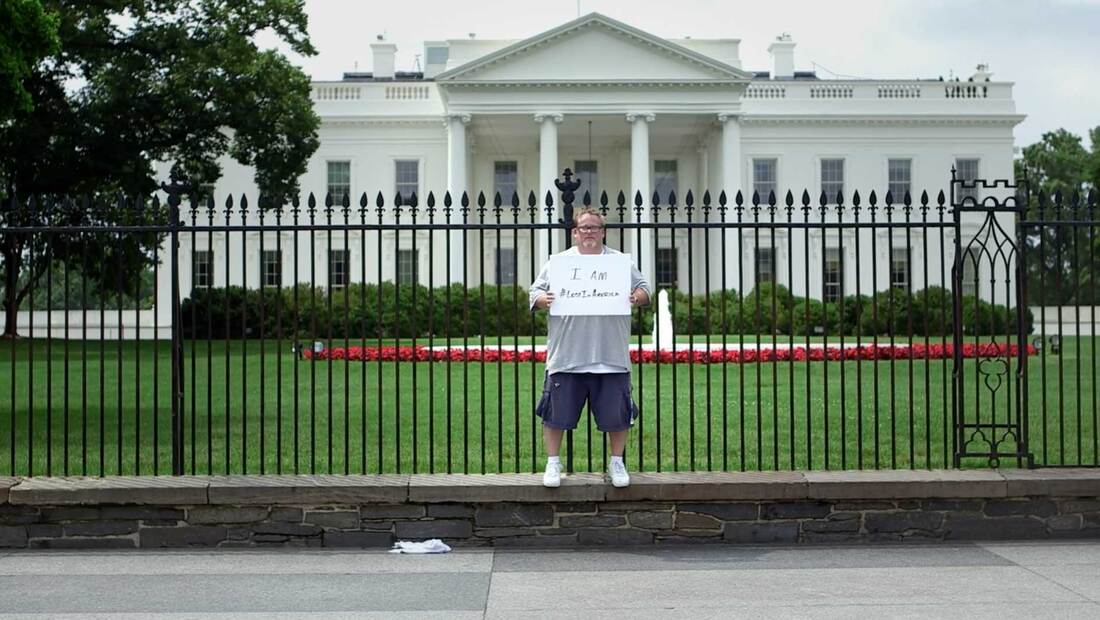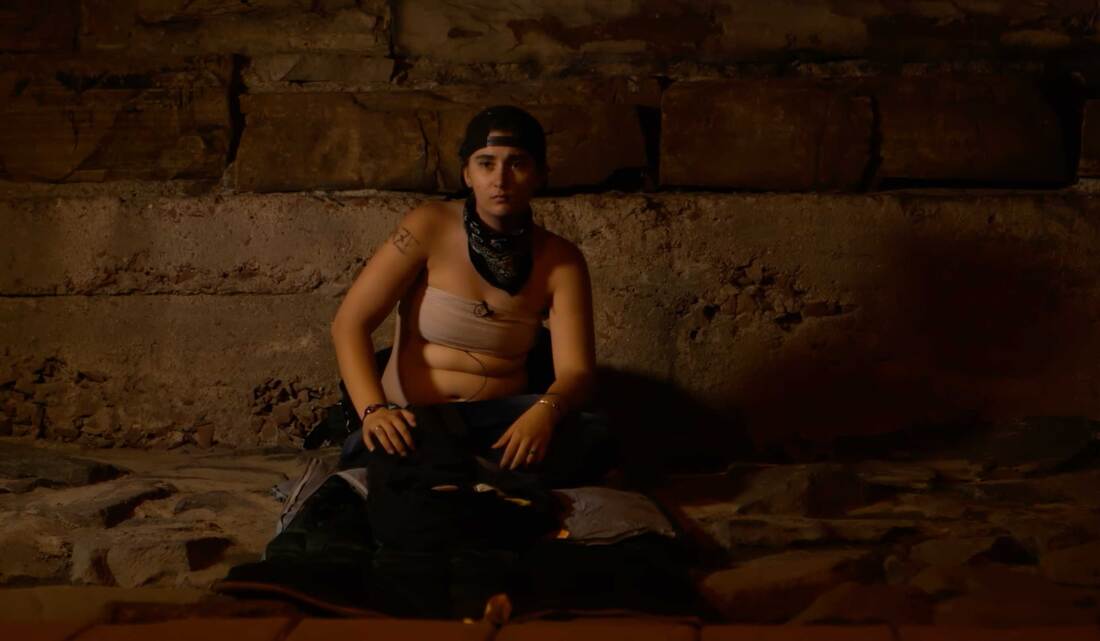|
Review by Sean Boelman From filmmaker Rotimi Rainwater (Sugar) comes the personal new documentary Lost in America, taking a look at the youth homelesness crisis that currently plagues america. However, despite an abundance of good intentions, the ethical concerns and poor execution of the movie hold it back. The film follows Rainwater as he travels across the country interviewing homeless youth and other figures involved in the epidemic. Because Rainwater himself was homeless for a portion of his life (there is even a segment of the movie dedicated to his own story), he obviously has a very strong connection to this film. That said, this strong connection only extends so far. Arguably the biggest weakness of the movie is that it tries to incorporate too many subjects. Because the film hops between so many different perspectives, it becomes difficult to become attached to any of the characters on an individual level. Although some of the interviews are very moving, they never come together into an emotionally fulfilling whole. Some of the subjects are more compelling than others, and Rainwater seems to recognize that. There are a few of the interviewees that the movie revisits multiple times over the course of its runtime, and without a doubt, those are the ones that have the most compelling tales. Rainwater likely would have been better off getting rid of some of the less intriguing portions of the film. That said, the movie also has quite a few ethical issues, as is the case with any documentary centered around this topic. With Rainwater already intruding on their lives, one would think that he could also intervene. For example, there is a scene in which a young woman eats a can of beans for dinner, explaining how this is the type of meal she gets to eat. Rainwater easily could have provided her with a full meal, but allowed this to proceed for the camera’s sake.
Additionally, the interviews don’t always add to the content of the film. Some high-profile interviewees in the movie include Halle Berry, Tiffany Haddish, and Jon Bon Jovi. Although it is understandable why Rainwater chose to interview them (they all have a connection to the issue at hand), it feels like a plea to find a famous face to put in the film. Other people could have communicated the same information more effectively. On a technical level, the movie is shot in a very basic way that is designed to manipulate the audience into feeling an emotional reaction. Rainwater doesn’t seem to realize that the stories are powerful enough on their own, forcing gimmicky cinematography and an overwhelming score to create forced emotion. Lost in America was made to bring light to a significant issue, but it doesn’t go about it in the right way. Still, by being one of the first films that explores the subject with some level of depth, it could prompt some more effective discussion. Lost in America is now in theaters. Rating: 2.5/5
0 Comments
Leave a Reply. |
Archives
July 2024
Authors
All
|
|
|
disappointment media
Dedicated to unique and diverse perspectives on cinema! |


